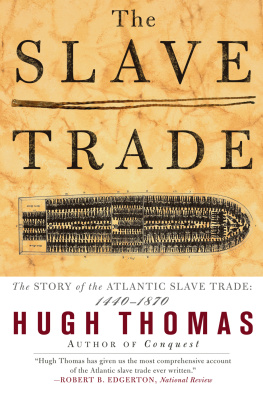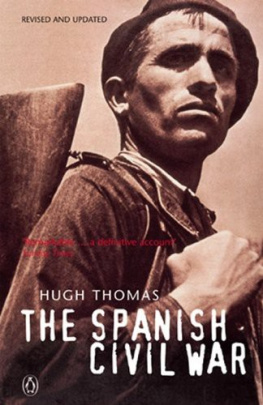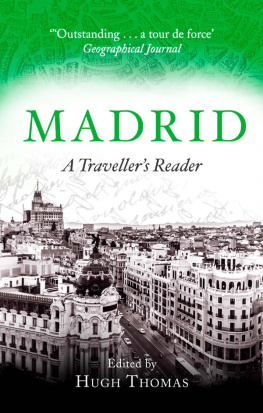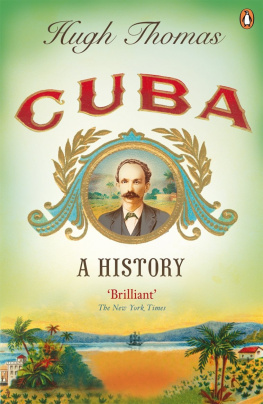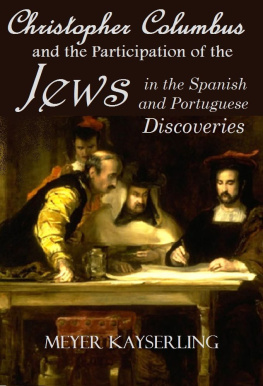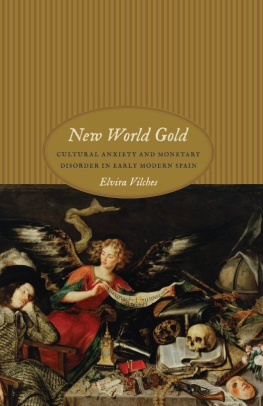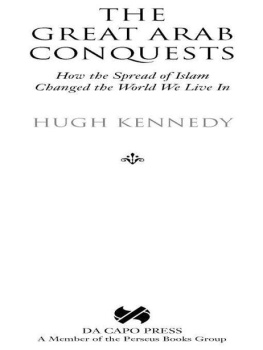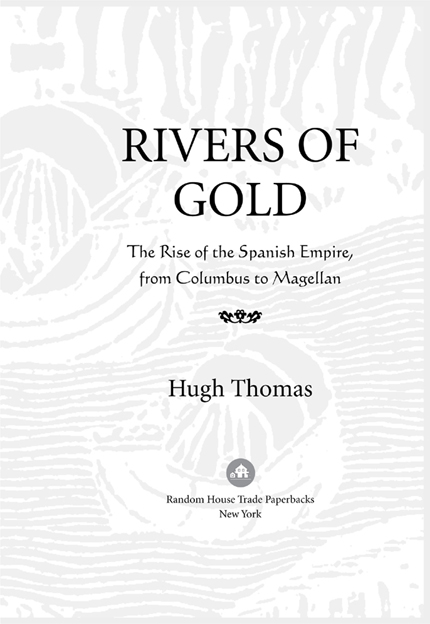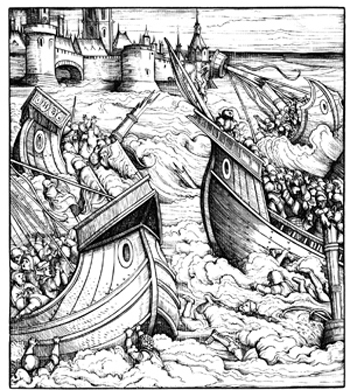Hugh Thomas - Rivers of gold: the rise of the Spanish empire, from Columbus to Magellan
Here you can read online Hugh Thomas - Rivers of gold: the rise of the Spanish empire, from Columbus to Magellan full text of the book (entire story) in english for free. Download pdf and epub, get meaning, cover and reviews about this ebook. City: America, Latin America, Spain, Spain--America, Spain., America., Latin America, year: 2013, publisher: Random House Trade Paperbacks, genre: Art. Description of the work, (preface) as well as reviews are available. Best literature library LitArk.com created for fans of good reading and offers a wide selection of genres:
Romance novel
Science fiction
Adventure
Detective
Science
History
Home and family
Prose
Art
Politics
Computer
Non-fiction
Religion
Business
Children
Humor
Choose a favorite category and find really read worthwhile books. Enjoy immersion in the world of imagination, feel the emotions of the characters or learn something new for yourself, make an fascinating discovery.

- Book:Rivers of gold: the rise of the Spanish empire, from Columbus to Magellan
- Author:
- Publisher:Random House Trade Paperbacks
- Genre:
- Year:2013
- City:America, Latin America, Spain, Spain--America, Spain., America., Latin America
- Rating:5 / 5
- Favourites:Add to favourites
- Your mark:
Rivers of gold: the rise of the Spanish empire, from Columbus to Magellan: summary, description and annotation
We offer to read an annotation, description, summary or preface (depends on what the author of the book "Rivers of gold: the rise of the Spanish empire, from Columbus to Magellan" wrote himself). If you haven't found the necessary information about the book — write in the comments, we will try to find it.
Abstract: From one of the greatest historians of the Spanish world, here is a fresh and fascinating account of Spains early conquests in the Americas. Hugh Thomass magisterial narrative of Spain in the New World has all the characteristics of great historical literature: amazing discoveries, ambition, greed, religious fanaticism, court intrigue, and a battle for the soul of humankind. Hugh Thomas shows Spain at the dawn of the sixteenth century as a world power on the brink of greatness. Her monarchs, Fernando and Isabel, had retaken Granada from Islam, thereby completing restoration of the entire Iberian peninsula to Catholic rule. Flush with success, they agreed to sponsor an obscure Genoese sailors plan to sail west to the Indies, where, legend purported, gold and spices flowed as if they were rivers. For Spain and for the world, this decision to send Christopher Columbus west was epochalthe dividing line between the medieval and the modern. Spains colonial adventures began inauspiciously: Columbuss meagerly funded expedition cost less than a Spanish princesss recent wedding. In spite of its small scale, it was a mission of astounding scope: to claim for Spain all the wealth of the Indies. The gold alone, thought Columbus, would fund a grand Crusade to reunite Christendom with its holy city, Jerusalem. The lofty aspirations of the first explorers died hard, as the pursuit of wealth and glory competed with the pursuit of pious impulses. The adventurers from Spain were also, of course, curious about geographical mysteries, and they had a remarkable loyalty to their country. But rather than bridging earth and heaven, Spains many conquests bore a bitter fruit. In their search for gold, Spaniards enslaved Indians from the Bahamas and the South American mainland. The eloquent protests of BartolomE de las Casas, here much discussed, began almost immediately. Columbus and other Spanish explorersCortEs, Ponce de LeOn, and Magellan among themcreated an empire for Spain of unsurpassed size and scope. But the door was soon open for other powers, enemies of Spain, to stake their claims. Great men and women dominate these pages: cardinals and bishops, priors and sailors, landowners and warriors, princes and priests, noblemen and their determined wives. Rivers of Gold is a great story brilliantly told. More significant, it is an engrossing history with many profoundoften disturbingechoes in the present
Hugh Thomas: author's other books
Who wrote Rivers of gold: the rise of the Spanish empire, from Columbus to Magellan? Find out the surname, the name of the author of the book and a list of all author's works by series.

